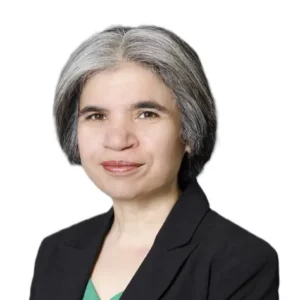How To Get an Autism Assessment in B.C
Getting an autism diagnosis for a child is an important step. If any caregiver suspect that their child might have Autism, an early diagnosis can make a huge difference in their future outcome.
In British Columbia, free autism assessment is available through the BC Autism Assessment Network (BCAAN). The waitlist for this assessment is usually very long.
The BC Autism Assessment Network (BCAAN) provides diagnostic assessments for those with suspected autism spectrum disorder and accepts referrals from all physicians.
http://www.phsa.ca/our-services/programs-services/bc-autism-assessment-network#2368
Diagnostic Process of Autism
The following steps are typically involved in the diagnosis of autism in British Columbia:
- Referral: The first step in the diagnosis of autism is usually a referral from a family physician, pediatrician, or other health care provider.
- Screening: The individual is screened for autism using a standardized screening tool, such as the M-CHAT (Modified Checklist for Autism in Toddlers) or the SCQ (Social Communication Questionnaire).
- Assessment: If the screening indicates that the individual may have autism, a comprehensive assessment is conducted by a team of professionals.
- Diagnosis: Based on the results of the assessment, the team of professionals will determine whether the individual meets the criteria for a diagnosis of autism spectrum disorder (ASD).
- Treatment planning: If the individual is diagnosed with ASD, a treatment plan will be developed that may include a range of interventions, such as behavioral therapy, speech therapy, and occupational therapy.
Evaluation
- Medical evaluation: A physician will conduct a physical examination and may order medical tests to rule out other conditions that may be causing the individual’s symptoms.
- Psychological evaluation: A Psychologist will conduct a series of tests to assess the individual’s cognitive abilities, social skills, and behavior.
- Speech-Language evaluation: A Speech-Language Pathologist will evaluate the individual’s communication skills and may conduct a formal testing and evaluation.
Private Assessment/Non-BCAAN Assessment
Families do have the option to obtain an assessment outside of the BC Autism Assessment Network. However, assessments outside of BCAAN must adhere to the same standards and guidelines to be eligible for funding from the Ministry.
Registered Psychologists, Paediatricians, and Psychiatrists can provide private assessments. for more information please refer to the College of Health and Care Professionals of BC






